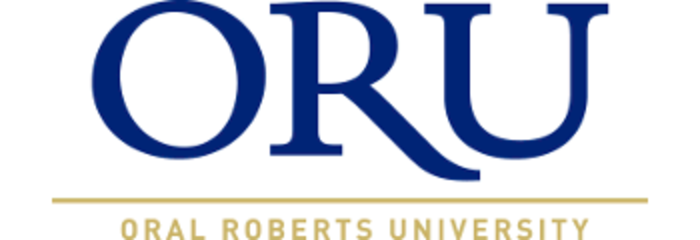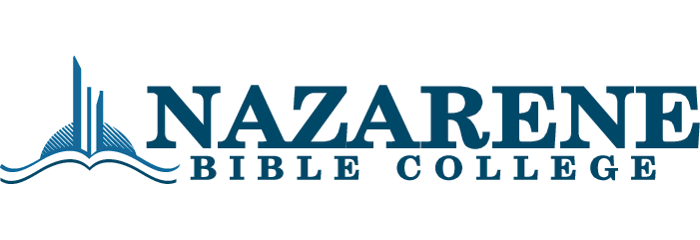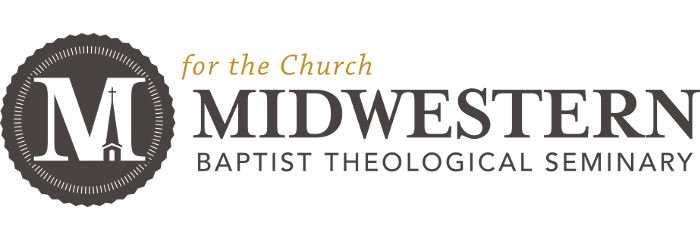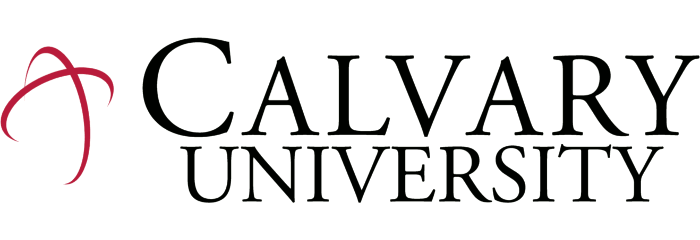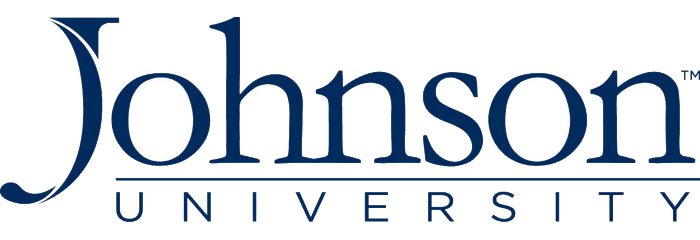2025 Best Online Christian Counseling Degrees
An online bachelor's degree in Christian counseling blends psychological principles with biblical teachings to prepare students for counseling roles in faith-based organizations. Covering topics like human development, mental health, and spiritual guidance, it equips graduates to offer compassionate, Christian-aligned support. Graduates can pursue careers in churches, nonprofits, or further studies in counseling.
Key Takeaways:
- Liberty University establishes itself as a leader, achieving the highest ranking for median graduate earnings at $41,716. It also comes in at #1 on our list for popularity among online students, with 35,243 distance learners.
- Manna University achieves perfection with a 100% retention rate, placing it at the very top nationwide.
We order our list of accredited schools by highest online enrollment. Schools are thoroughly vetted through data from Integrated Postsecondary Education Data System (IPEDS), National Center for Education Statistics (NCES), and manual audits to ensure accuracy. For more detailed information, please review our methodology.
List Of Accredited Online Christian Counseling Schools
| School | Online Enrollment | Annual Tuition |
|---|---|---|
| Liberty University | ||
| Oral Roberts University | 1,629 | $32,640 |
| Nazarene Bible College | 566 | $10,002 |
| Lee University | 468 | $21,730 |
| World Mission University | 175 | $6,680 |
| Manna University | 148 | $6,863 |
| Midwestern Baptist Theological Seminary | 457 | $9,480 |
| Calvary University | 101 | $12,500 |
| Johnson University | 91 | $19,274 |
| Charlotte Christian College | 42 | $13,923 |
2025 Best Online Christian Counseling Degrees
- Online Enrollment: 35,243 enrolled
- Annual Tuition: $11,700
- Location: Lynchburg (VA)
Online degree: Bachelor of Science in Bible Christian Counseling
Why we like them: LU hosts 35,243 online students just at the undergraduate level. LU's BS in Bible Christian Counseling is designed to equip you with a foundation in both biblical studies and Christian counseling. The program consists of 120 credit hours delivered through 8-week, 100% online courses. You can transfer in up to 75% of your degree total, accelerating your path to completion. Partnering with LU for your BS in Bible Christian Counseling ensures that you're not just receiving an education but joining a supportive community dedicated to your academic and personal growth.
- Online Enrollment: 1,629 enrolled
- Annual Tuition: $32,640
- Location: Tulsa (OK)
Online degree: Bachelor of Arts in Christian Caregiving and Counseling
Why we like them: If you were to compare ORU with other universities, it would be among the top 26% in online enrollment, demonstrating a wide-reaching and inclusive digital education platform. This bachelor's program has unique courses such as Issues and Identity of the Caregiver, Pastoral Approaches to Counseling, and Crisis Intervention equip students for various pastoral and lay counseling roles, affirming its utility in real-world applications. We also want to mention ORU's high recommendation rate of 84%, indicating positive firsthand experiences.
- Online Enrollment: 566 enrolled
- Annual Tuition: $10,002
- Location: Colorado Springs (CO)
Online degree: Bachelor of Arts in Ministry - Counseling for Christian Ministries
Why we like them: Enrolling 566 online students, NBC demonstrates its dynamic learning community. Adding to this, NBC maintains an impressive student-to-faculty ratio of 6:1, placing it among the top 6% of universities in the nation for personalized attention. The online ministry bachelor's with emphasis in Counseling for Christian Ministries offers a curriculum designed for those looking to integrate counseling principles with Christian thought. Courses such as Developmental Issues in Counseling, Individual Counseling Theories, and Marriage and Family Counseling Theories prepare you to apply counseling techniques effectively.
- Online Enrollment: 468 enrolled
- Annual Tuition: $21,730
- Location: Cleveland (TN)
Students at Lee University can pursue an online Bachelor of Arts in Ministry Leadership - Counseling which can be a good choice for those interested in Christian counseling. While the program’s core curriculum is in religion, students also have courses in humanities, communications, social sciences, and more. Some examples of course include Doctrine of the Holy Spirit, Foundations of Western Culture, and Rhetoric and Research. Graduates can seek out support roles such as addiction counselors, community service managers, school advisors, and more within the church community and outside of it.
Why we like them: The online format provides plenty of flexibility, which allows for faster program completion. Specifically, first-time students at Lee can earn an undergraduate degree in just three years and four months.
- Online Enrollment: 175 enrolled
- Annual Tuition: $6,680
- Location: Los Angeles (CA)
Online degree: Bachelor of Arts in Christian Counseling & Coaching
Why we like them: World Mission's online Bachelor of Arts in Christian Counseling and Coaching equips students with counseling and coaching skills for ministry as well as personal growth. This 126-credit program integrates biblical foundations with practical abilities, preparing students for Christian counseling ministries and further graduate studies. The curriculum includes general education, Bible, and theology courses, with a focus on addressing the needs of individuals in diverse cultural settings.
- Online Enrollment: 148 enrolled
- Annual Tuition: $6,863
- Location: Fayetteville (NC)
Online degree: Bachelor of Arts in Christian Counseling
Why we like them: Manna stands out for its exemplary retention rate of 100%, placing it in the top 1% of colleges for student retention. This metric indicates a high level of student satisfaction and commitment. In addition, the university's student-to-faculty ratio is an impressive 8:1, situating it among the top 9% of institutions for providing personalized attention. The online Christian counseling program requires 121 credit hours and blends psychology and theology to prepare you for graduate studies or non-clinical counseling roles in various settings.
- Online Enrollment: 457 enrolled
- Annual Tuition: $9,480
- Location: Kansas City (MO)
Students at Midwestern Baptist Theological Seminary (MBTS) who are interested in interpreting scripture can pursue an online Bachelor of Arts in Biblical Counseling. This program in Christian counseling equips individuals with a fundamental understanding of the bible while producing practical counseling skills. Course offerings encompass a biblical core and psychology courses such as Biblical Counseling and Christian Ethics, Addictions and Emotions, and History of Soul Care. The program culminates in a practicum experience. Graduates are positioned for careers as Christian counselors, pastors, and missionaries.
Why we like them: You'll discuss secular approaches to psychology and those guided by the church to gain a more comprehensive and well-rounded understanding of biblical counseling. This combined approach helps you to critically analyze and integrate various viewpoints, enhancing your ability to address complex psychological issues and produce effective counseling services that align with your clients' needs and values.
- Online Enrollment: 101 enrolled
- Annual Tuition: $12,500
- Location: Kansas City (MO)
Online degree: Bachelor of Science in Biblical Counseling
Why we like them: Calvary has an exceptional student-to-faculty ratio of 8:1, placing Calvary in the top 9% of institutions, thereby fostering a highly engaging learning environment. This could be beneficial when attending its online biblical counseling program, which prepares students to counsel from a biblical worldview, addressing human growth, behavioral change, marriage, and crisis intervention. The program integrates scripture with counseling methods, focusing on developing communication skills and understanding people’s problems.
- Online Enrollment: 91 enrolled
- Annual Tuition: $19,274
- Location: Knoxville (TN)
Online degree: Bachelor of Science in Pastoral Care and Counseling
Why we like them: The online pastoral care and counseling degree at Johnson prepares students for leadership roles in pastoral ministry by equipping them with skills in counseling, biblical preaching, spiritual formation, and conflict resolution. The program includes a practicum for hands-on experience and is designed to help students provide godly counsel and pastoral care. All undergraduate students earn a double major, combining Bible and Theology with their chosen focus, such as Pastoral Care and Counseling. Graduates are well-prepared for careers in ministry, counseling, and spiritual leadership.
- Online Enrollment: 42 enrolled
- Annual Tuition: $13,923
- Location: Charlotte (NC)
Online degree: Bachelor of Arts in Urban Christian Ministries - Counseling
Why we like them: CCCTS hosts a Christian counseling degree online that equips students to address systemic issues in urban communities through Christian ministry. This 128-credit program provides a tailored approach to ministry and community development. Students gain practical skills in areas like urban community development, personal evangelism, and leadership, preparing them for roles in church teaching, mission work, or further education. This degree is designed to empower students to make a lasting impact in urban settings through a biblical and theological foundation.
Student Reviews of Online Christian Counseling Programs
Liberty University is the most rewarding college I have attended. They keep you motivated by encouragement and prayer. The course work is challenging yet intriguing. The instructors are eager to put forth extra effort to each student who asks for it. Every week begins with a motivational message and has your coursework lined up for you. The resources are easy to use and thoroughly put together. The staff at the help desk are polite. The academic advisors contact you every term to see how you are... Read More
Review Date: 8/19/2016
Would Recommend: Yes
Liberty University offers an amazing online program for all disciplines. I originally started in the Psychology program and then transferred to the Christian Counseling degree program. Every textbook for those classes are books that I will keep forever. Each instructor is easily accessible via email or Blackboard. I love that you can call Academic Advising all hours of the day and get a live voice. Graduation was fantastic and so memorable. #LUGrad
Review Date: 8/9/2016
Would Recommend: Yes
The courses at Liberty a very informative and relevant to the degree programs however, the real benefit lays with the instructors who are excellent and are usually experts in their fields of instruction. The instructors are available even after the course work is completed. Liberty is one of the largest Christian focused colleges in the U.S. and is relatively veteran-friendly. The costs for veterans as an undergraduate are only $250 per credit hour and for Graduate and Doctoral only $275 per credit... Read More
Review Date: 12/28/2019
Would Recommend: Yes
Since I have started attending my classes, I have had nothing but wonderful experiences. The curriculum has been challenging, and it has broadened my view of scripture, as I am a religion major. My professors reply to my e-mails promptly, if I have any questions for them pertaining to assignments. Also, Liberty University has regional accreditation, which means their degrees are accepted by all higher level educational institutions (if one chooses to transfer to another university), per federal law.... Read More
Review Date: 12/17/2012
Would Recommend: Yes
I'm at a very strict, liberal arts Christian college that sets you up for success with education their highest priority. They maintain a Christian atmosphere, but very strict to help you manage time and create an environment that is conducive for you!
Review Date: 6/21/2017
Would Recommend: Yes
Oral Roberts University is a great university to learn and grow. The faculty are approachable and care a great deal about their students. The student body is exceptional with many future world leaders. My area of concentration was intellectually challenging and rewarding. I learned to think independently and felt comfortable challenging all types of thought using excepted research practices.
Review Date: 7/9/2016
Would Recommend: Yes
I loved attending Taylor University Fort Wayne. My professors were professionals in their field who were dedicated to helping students reach their potential and achieve their goals. There was a wonderful sense of camaraderie on campus, and most students were actively involved in giving back to the community. The classes I took were insightful and prepared me for ministry work.
Review Date: 8/4/2016
Would Recommend: Yes



